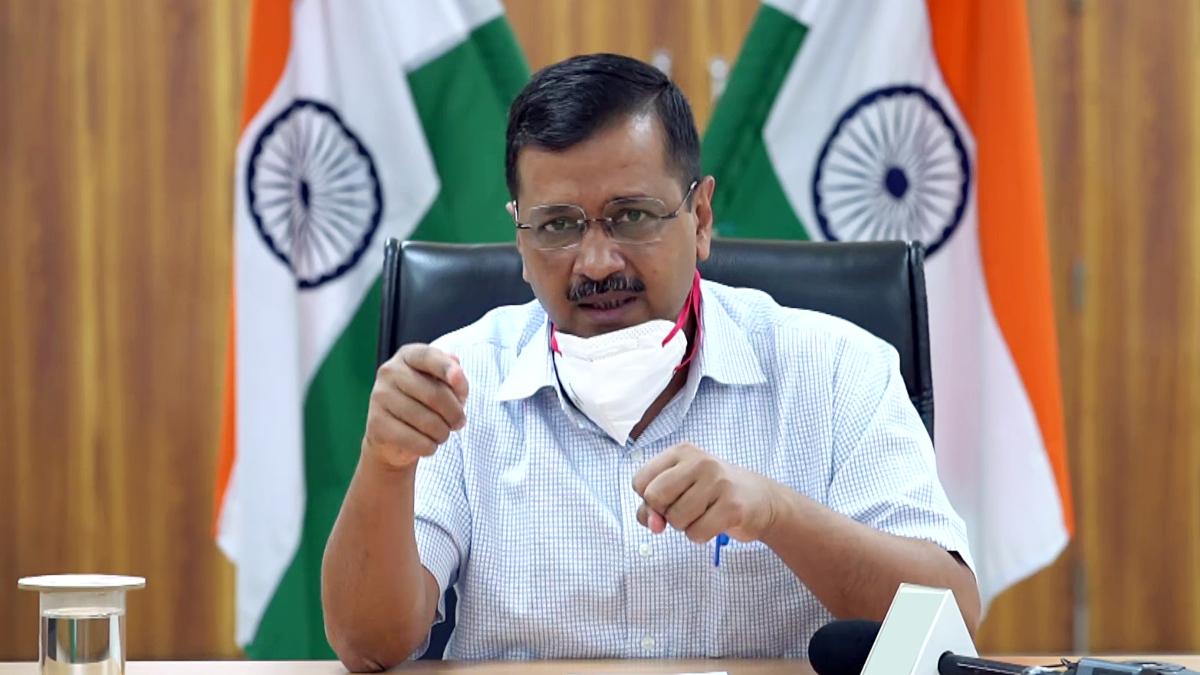As pollution levels rise in the Capital, political games are also increasing, with the BJP and the AAP trying to outscore the other on the issue. Coupled with the pandemic, the problem of air pollution is a double threat this year, and Delhi Chief Minister Arvind Kejriwal on Monday asked for fixed deadlines to tackle the issue.
Pollution due to stubble (parali) burning occurs all over North India and is a concern for both Delhi and the farmers who burn the crop residue. However, innovative alternatives are being considered this time, which Kejriwal referred to in the virtual press briefing.
He mentioned that the Delhi government is planning to spray the experimental “biodecomposer” developed in IARI Pusa, which will turn crop residue to manure and counter stubble burning. A factory has also been set up in Karnal, Haryana, for converting straw to compressed biogas, which will be used as CNG and create additional income for farmers, the Delhi CM noted. The gas formed by converting the stubble will also be sourced by IGL for city gas distribution as per plans. Kejriwal also mentioned how stubble and straw can be turned to coal and cardboard, and made a noteof the seven coal-making factories in Punjab which sell coal to NTPC.
If all the governments start doing such things together, then instead of burning the stubble, it can be put in factories and benefit more, said Arvind Kejriwal, while also questioning whether the political will for implementing such solutions exists. “Deadlines should be fixed to deal with the problem of parali. I think if we work on a war footing then, in a year, we can convert the straw into assets instead of liabilities,” he said, suggesting that, “The Union Environment Minister should meet every month with the Chief Ministers of Punjab, Haryana, UP and Delhi.”
Earlier on Sunday, Union Environment Minister Prakash Javadekar said, “The problem of pollution cannot be solved in a day. Constant efforts are needed to deal with every factor causing pollution. Major factors behind air pollution in the country are traffic, industry, waste, dust, straw, geography and seasonal conditions.”










